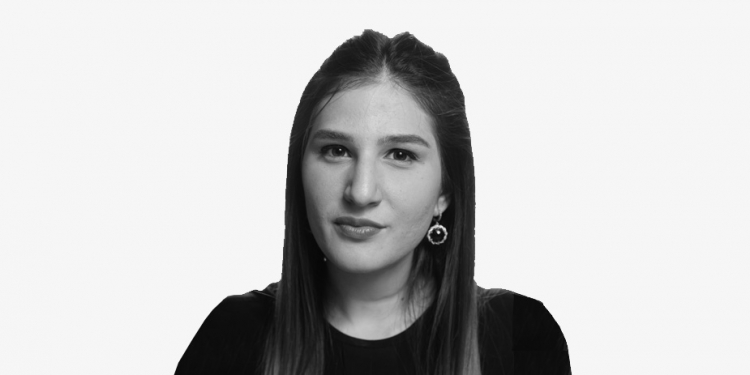The FINANCIAL — Gender operates at all levels of social life and is deeply embedded in the ways work is rewarded, viewed and experienced. The sociological study of gender and work emerged during the 1960s and 1970s, when women’s role in workforce increased and the Women’s Movement began emphasizing gender inequality at home and at work.
Looking at unemployment statistics in Georgia, more men are unemployed than women, with 11.2% of women being unemployed while 13.9% of men were not employed in 2018. Nevertheless, we see that there is quite a big gender wage gap. On average, according to National Statistics office of Georgia, men’s salaries in 2017 were around 1200 GEL, while women’s average salary only amounted to 770 GEL, which points at a huge wage gap associated with gender.
The gender pay gap is the result of many factors, including occupational segregation, bias against working mothers, and other factors. Since bias against working mothers can be one of the factors influencing the wage gap, it is interesting to see how the public views the issue of working mothers.
The European Values Study (EVS), a large multinational survey research program that has been studying basic human values for almost 40 years, has asked several questions regarding gender and employment. GORBI has been part of the project since 2008 and is the data provider for Georgia and Azerbaijan for the most recent year.
Graph1. Child suffers with working mother (agree, %)

Source: European Value Study, 2017-2018
From the 16 countries where the EVS has conducted research, 80% of Georgians agreed with the idea that a child suffers with a working mother. Comparatively, in the Netherlands, only 21% of population share this view. Georgians are also the most firm believers that women really want to be at home and raise children, with 77% of the population agreeing to this statement. Comparatively, in Spain, only 22% of population agrees with this statement. It is noteworthy, that this opinion does not vary a lot by gender in Georgia – nearly an equal number of males and females share this view. There are substantial differences in opinion by age though. If 71% of the Georgian population aged 15-29 believe that child suffers with working mother, 85% of those aged 50 years and more share a similar opinion.
It is also noteworthy that when asked if family life suffers when a woman has a full-time job, 65% of Georgia’s population agreed with this statement, which puts Georgia in second place of 16 surveyed countries, after Armenia where 73% of population shares a similar opinion. Comparatively, in Iceland, only 20% of population shares this view.
Graph2. Man’s job is to earn money; woman’s job is to look after home and family (agree, %)

Source: European Value Study, 2017-2018
Additionally, the opinion that Georgia is a patriarchal society is strengthened even more when we look at public opinion about women’s role in the job market. When asked if man’s job is to earn money while a woman’s job is to look after home and family, 59% of Georgians agreed with this statement. Interestingly, for this question the gender of the respondent had a significant effect. 68% of Georgian males think that it is their job is to earn money, while a woman’s job is to look after home and family, compared to 54% of Georgian women who share this opinion.
Comparatively, in Iceland, only 6% of the population shares this opinion and 9% of the population of the Netherlands. This opinion is also well reflected in the paternal leave statistics, where in Iceland 90 % of Icelandic fathers take leave, while in Georgia according to unofficial statistics, in 2017, only 8 fathers have done the same.
GORBI is an exclusive member of the Gallup International research network and has more than two decades of experience in survey research (gorbi.com)





























Discussion about this post